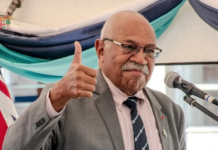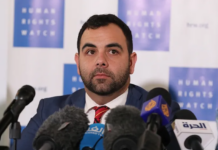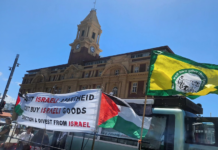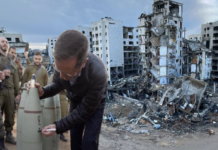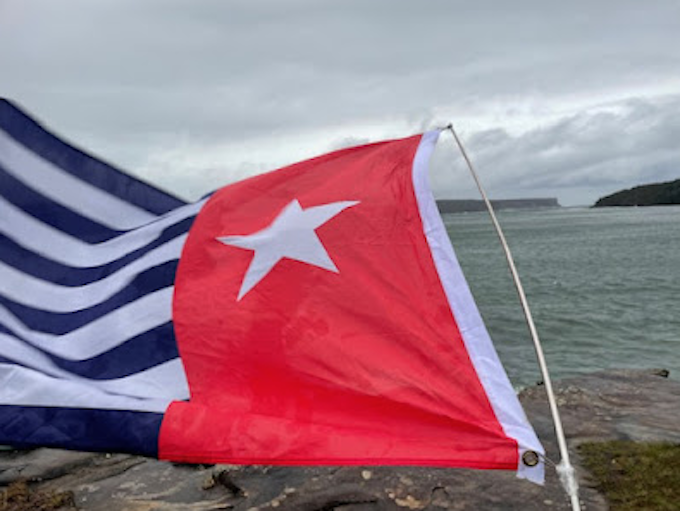
Asia Pacific Report
Australian solidarity activists today marked the 27th anniversary of the Biak massacre in West Papua and have warned the human rights crisis in the Indonesian-ruled Melanesian region is deteriorating.
No Indonesian security force member has ever been charged or brought to justice for the human rights abuses committed against peaceful West Papuan demonstrators.
According to Elsham Papua, a local human rights organisation, eight people were killed and a further 32 bodies were found near Biak in the following days. However, some human rights sources put the death toll at about 150.
“Twenty seven years later, the human rights situation in West Papua continues to deteriorate,” said Joe Collins of the Australia West Papua Association (AWPA) in a statement today.
“West Papuan people continue to be arrested, intimidated and killed by the Indonesian security forces.
“There are ongoing clashes between the TPNPB [West Papua National Liberation Army] and the Indonesian security forces with casualties on both sides.
“As a result of these clashes, the Indonesian security forces carry out sweeps in the area, causing local people to flee in fear for their lives.
‘Bearing the brunt’
“It’s the internal refugees bearing the brunt of the conflict.”
According to the AWPA statement, 6 July 1998 marked the Biak massacre when the Indonesian security forces killed scores of people in Biak, West Papua.
The victims included women and children who had gathered for a peaceful rally. They were killed at the base of a water tower flying the Morning Star flag of independence.
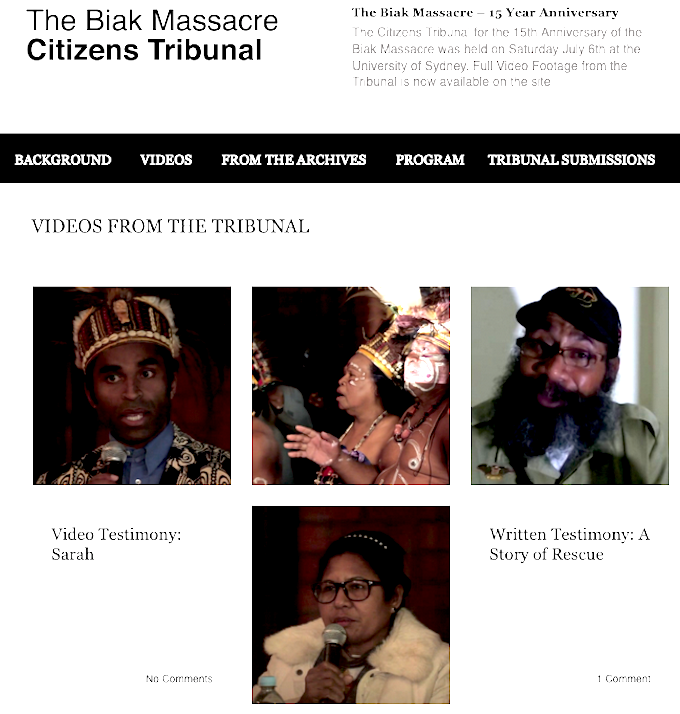
As the rally continued, many more people in the area joined in with numbers reaching up to about 500 people.
The statement said that from July 2 that year, activists and local people started gathering beneath the water tower, singing songs and holding traditional dances.
“On July 6 the Indonesian security forces attacked the demonstrators, massacring scores of people,” said the statement.
Internally displaced
Human Rights Monitor reported in its June update that more than 97,721 people in West Papua were internally displaced as a result of armed conflict between Indonesian security forces and the TPNPB.
Human Rights Watch in a media statement in May 2025 reported that renewed fighting between the security forces and the TPNPB was threatening West Papua civilians.
“As the West Papuan people struggle for their right to self-determination, they face great challenges, from the ongoing human rights abuses to the destruction of their environment,” said Collins in the statement.
“However, support/knowledge for the West Papuan struggle continues to grow, particularly in the Pacific region,” he said.
“If some governments in the region are wavering in their support, the people of the Pacific are not.
Pacific support ‘unwavering’
Jakarta has been targeting Pacific leaders with aid in a bid to convince them to stop supporting the West Papuan struggle.
Civil society and church groups continue to raise awareness of the West Papuan situation at the UN and at international human rights conferences.
“The West Papuan people are not going to give up their struggle for self-determination,” Collins said.
“Time for the countries in the region, including Australia, to take the issue seriously. Raising the ongoing human rights abuses with Jakarta would be a small start”.


